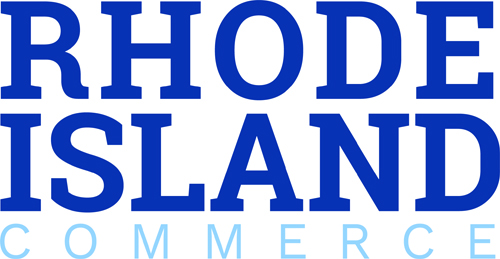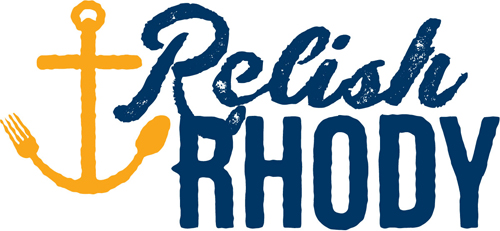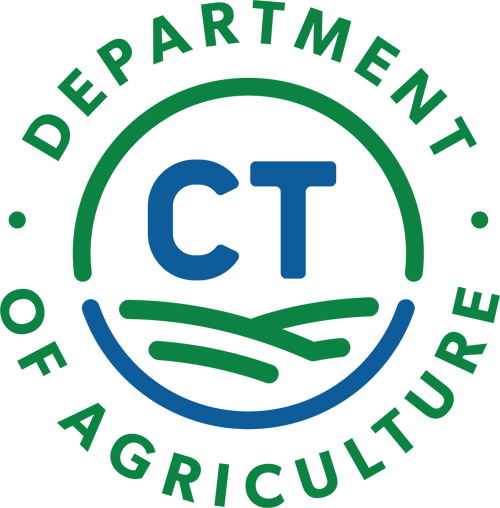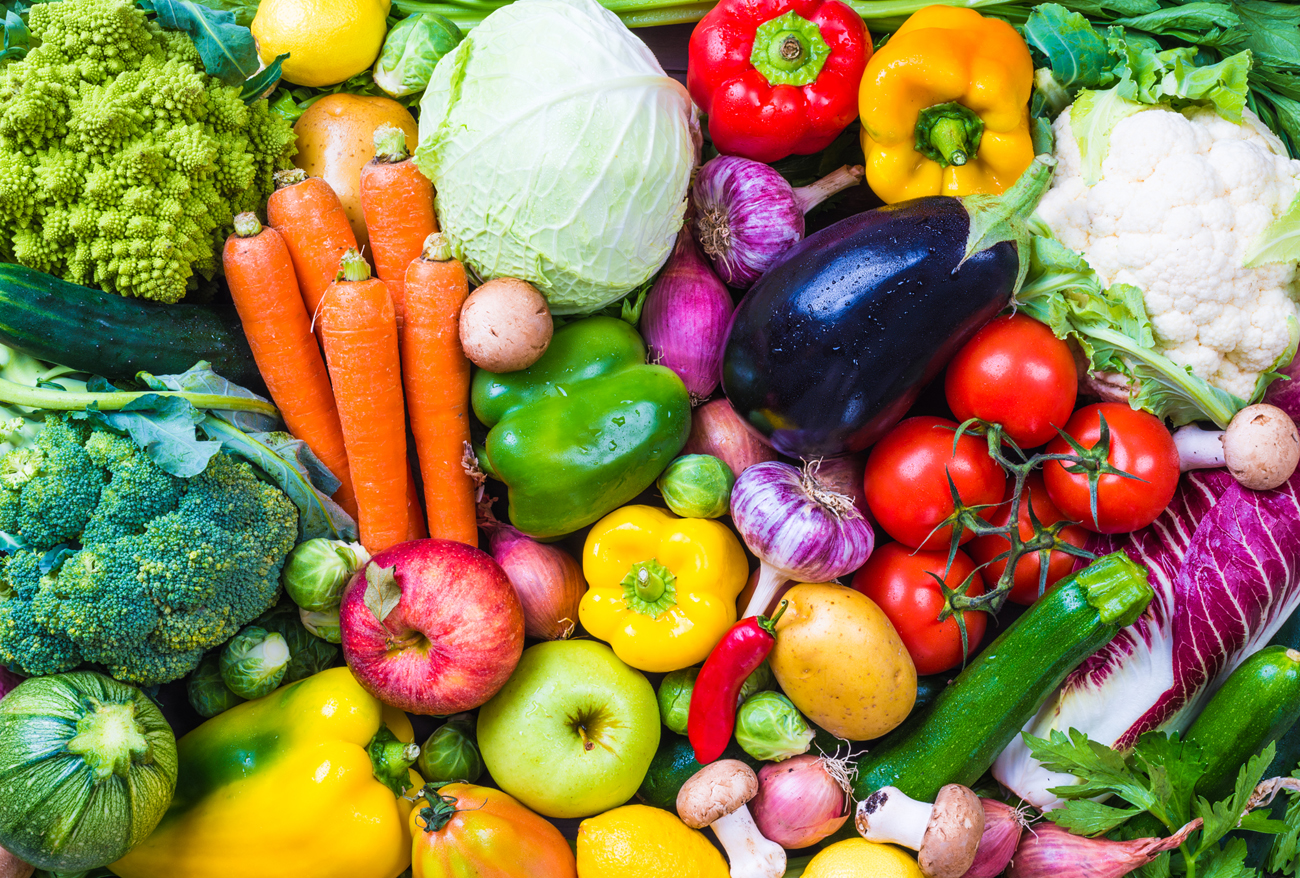
About Us
About the Partnership
The New England Food System Planners Partnership (NEFSPP) is a collaboration amongst seven state-level food system organizations and representatives from the six-state agricultural, economic and environmental departments in New England. New England Feeding New England (NEFNE) is the Partnership’s primary initiative and aims to have 30% of the food produced in New England consumed in the region by 2030. The Partnership is fiscally sponsored by the Vermont Sustainable Jobs Fund (VSJF).
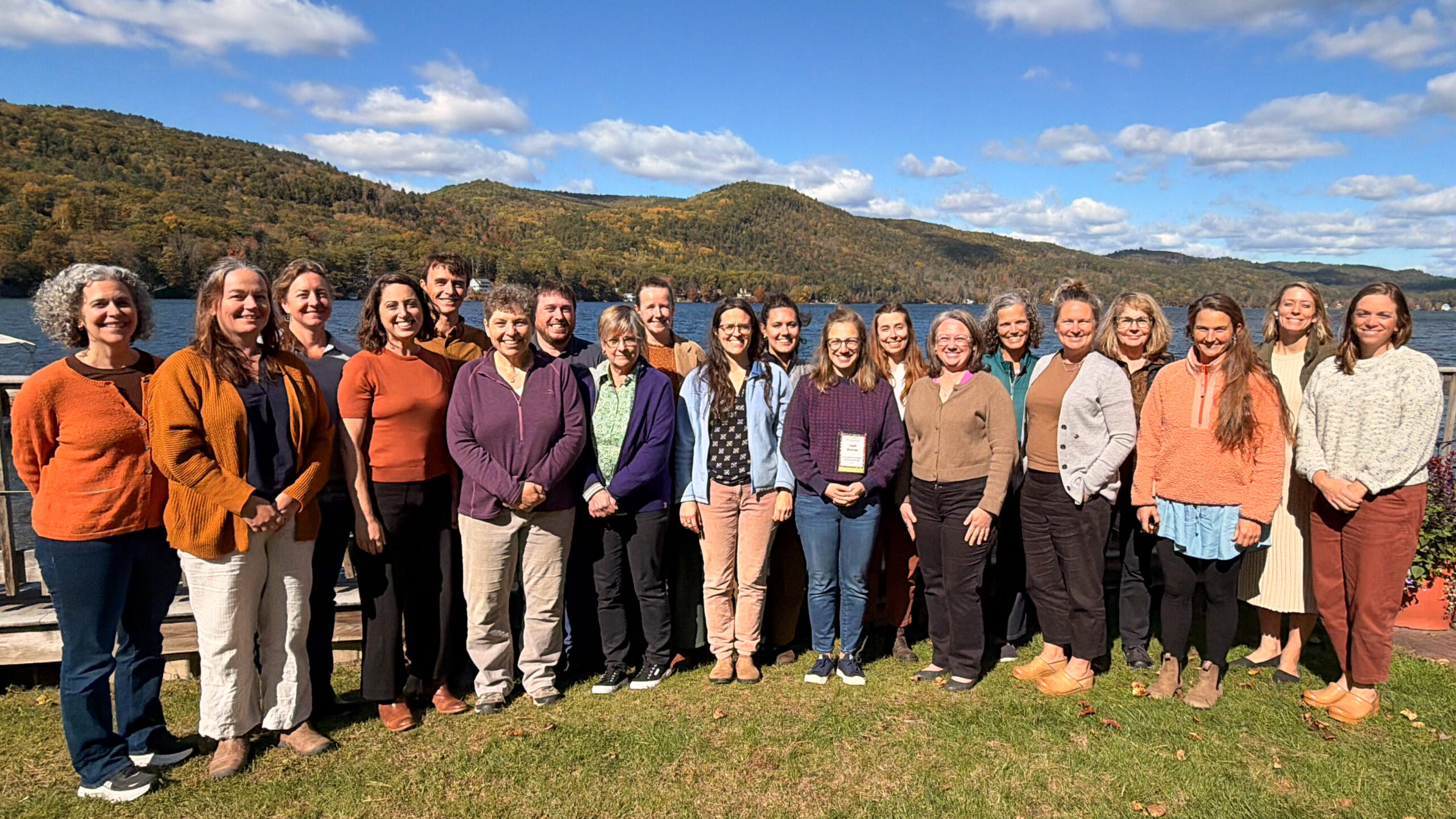
NEFSPP Staff
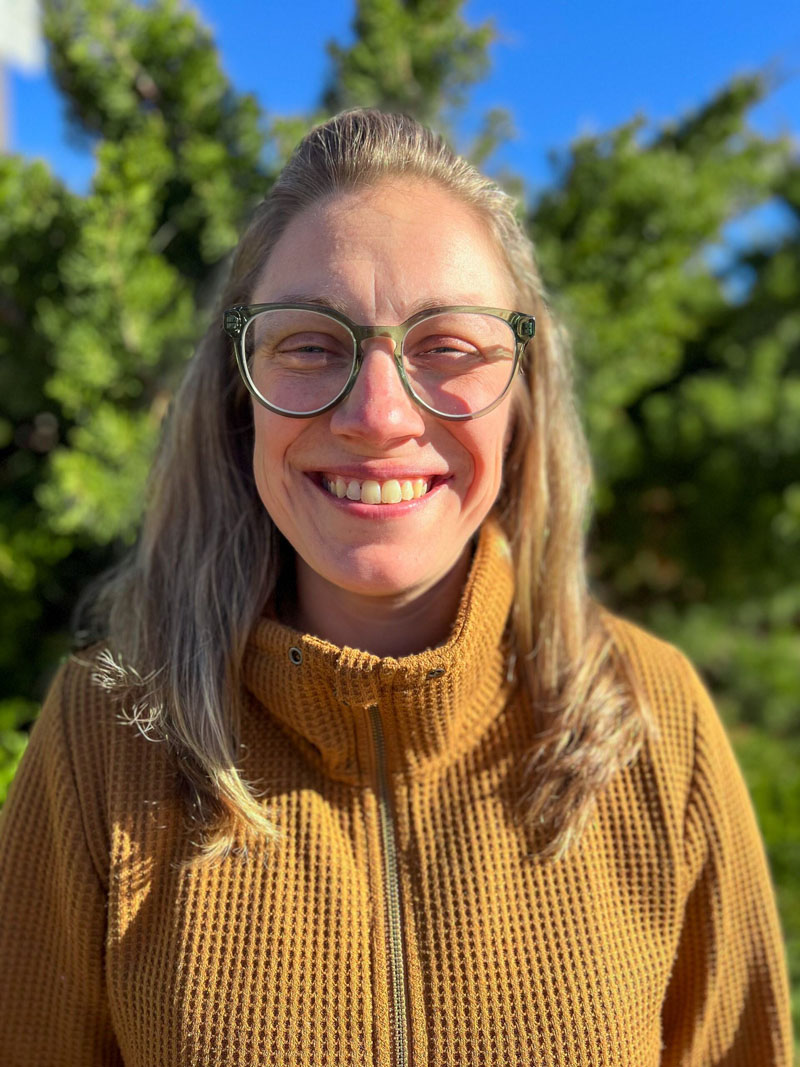
Leah Rovner – New England Food System Planners Partnership
Leah is the Director of the New England Food System Planners Partnership. She joined the Partnership in March 2023. Formerly she worked for Maine Farm & Sea Cooperative, primarily focusing on implementation of the USDA Farm to School program in two districts. Prior to that, she oversaw all aspects of daily operations of the specialty beer, wine, spirits and cheese departments at the Whole Foods Market in Portland, ME. Before moving to Maine in 2017, she was the Assistant Test Kitchen Director at America’s Test Kitchen in Boston, MA, where she oversaw all test kitchen operations.
The Partners
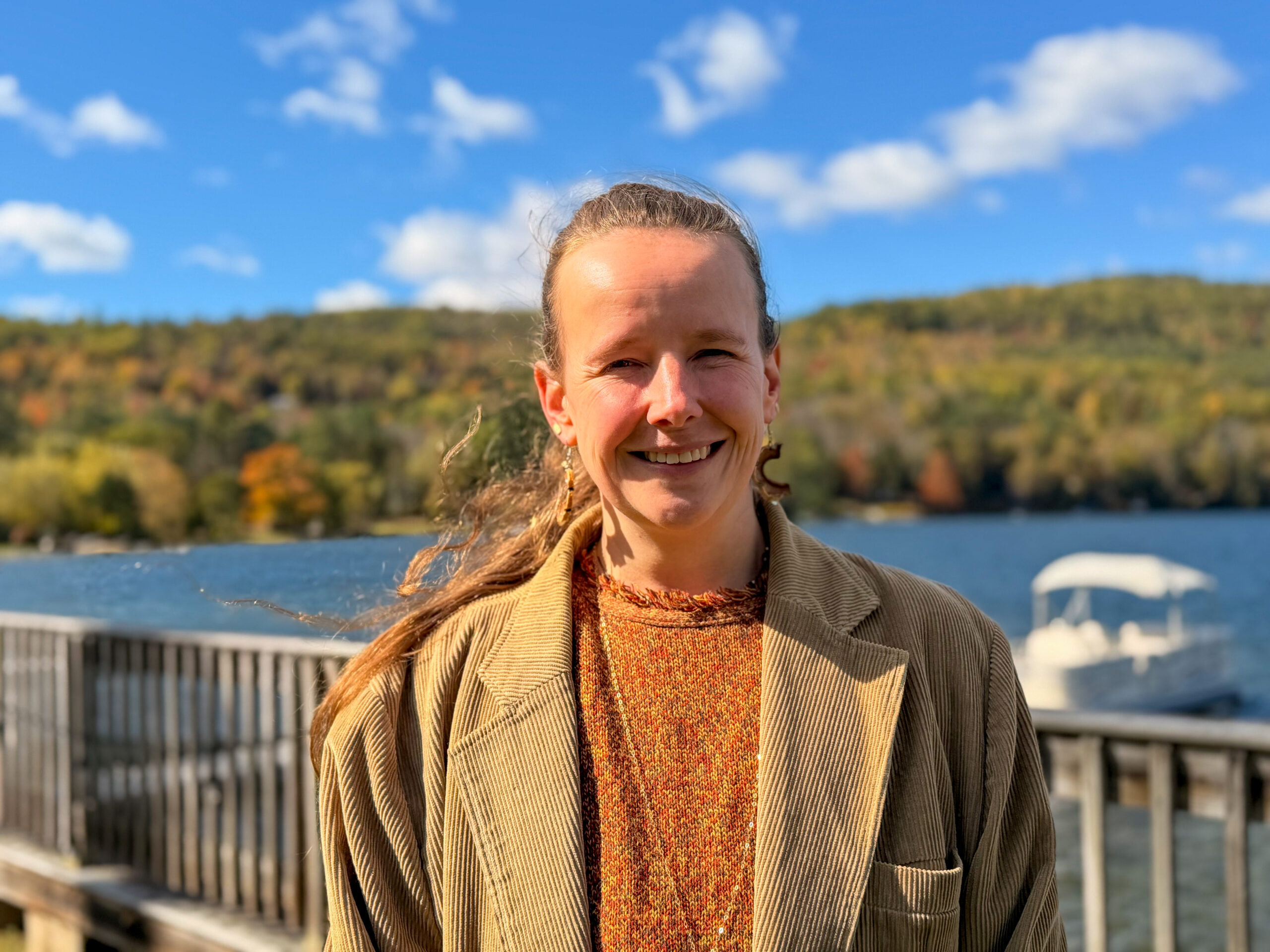
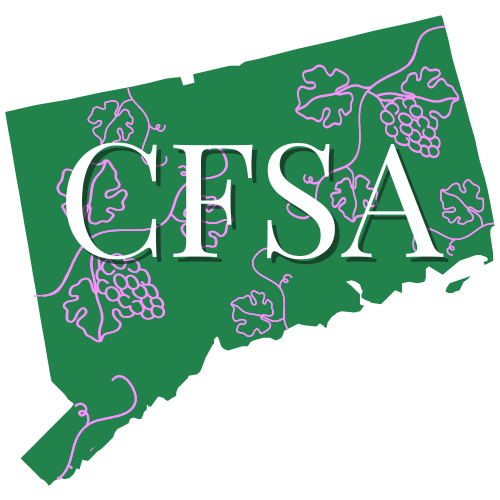
Meg Hourigan
Connecticut Food System Alliance
The Connecticut Food System Alliance works toward a just, sustainable food system by fostering collaboration and alignment among the state’s food system actors and advocating for food policy and systems change informed by food justice. CFSA is working with network members to develop a state food action plan rooted in food justice to transform the Connecticut food system. This plan will serve as a roadmap for equitable food access, diverse ownership of food system assets, and sustainable, viable food production and distribution.

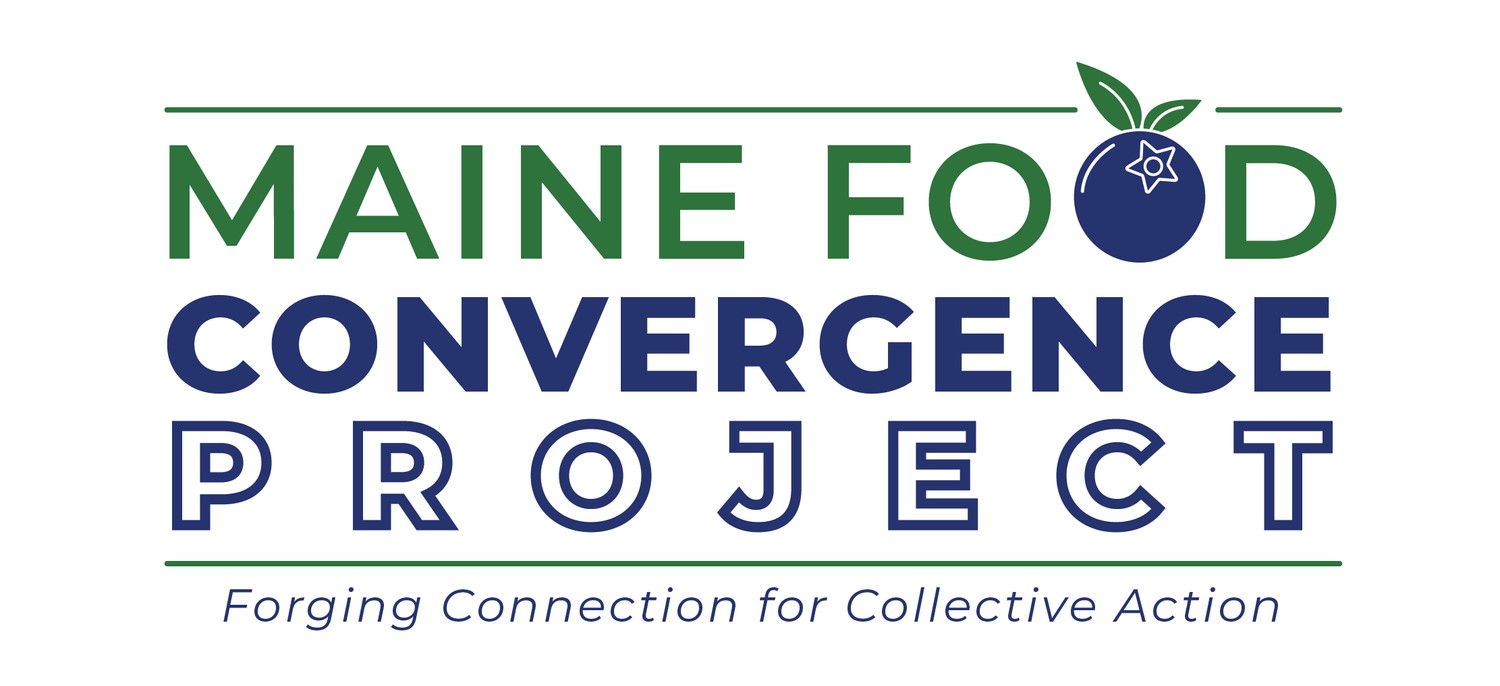
Annie Doran, Project Manager
Maine Food Convergence Project
The Maine Food Convergence Project is a collaboration of network partners bringing together organizations, networks, groups and individuals to catalyze collective action towards a thriving Maine food system that is equitable, just and regenerative. Maine Food Convergence Project is fiscally sponsored by Third Sector New England, Inc. (TSNE).
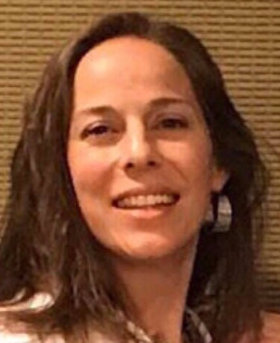

Darcy Cooke, Coordinator
Maine Network of Community Food Councils
The Maine Network of Community Food Councils (MNCFC), founded in 2011, is a network of community-based food councils from around the state. We work together to amplify the great work that local councils do in their own communities, and to help each other be successful in our efforts. We do this through monthly meetings, resource sharing, annual summits, shared education and shared fundraising efforts. We are committed to supporting each other, as well as the development of new food councils in Maine. We are also committed to collaborating with friends and allies throughout Maine, New England, and beyond to make real, lasting improvements to our food systems. MNCFC is currently a part of some exciting statewide collaborations including the Maine Food Policy Work Group and the Maine Food Convergence Project.
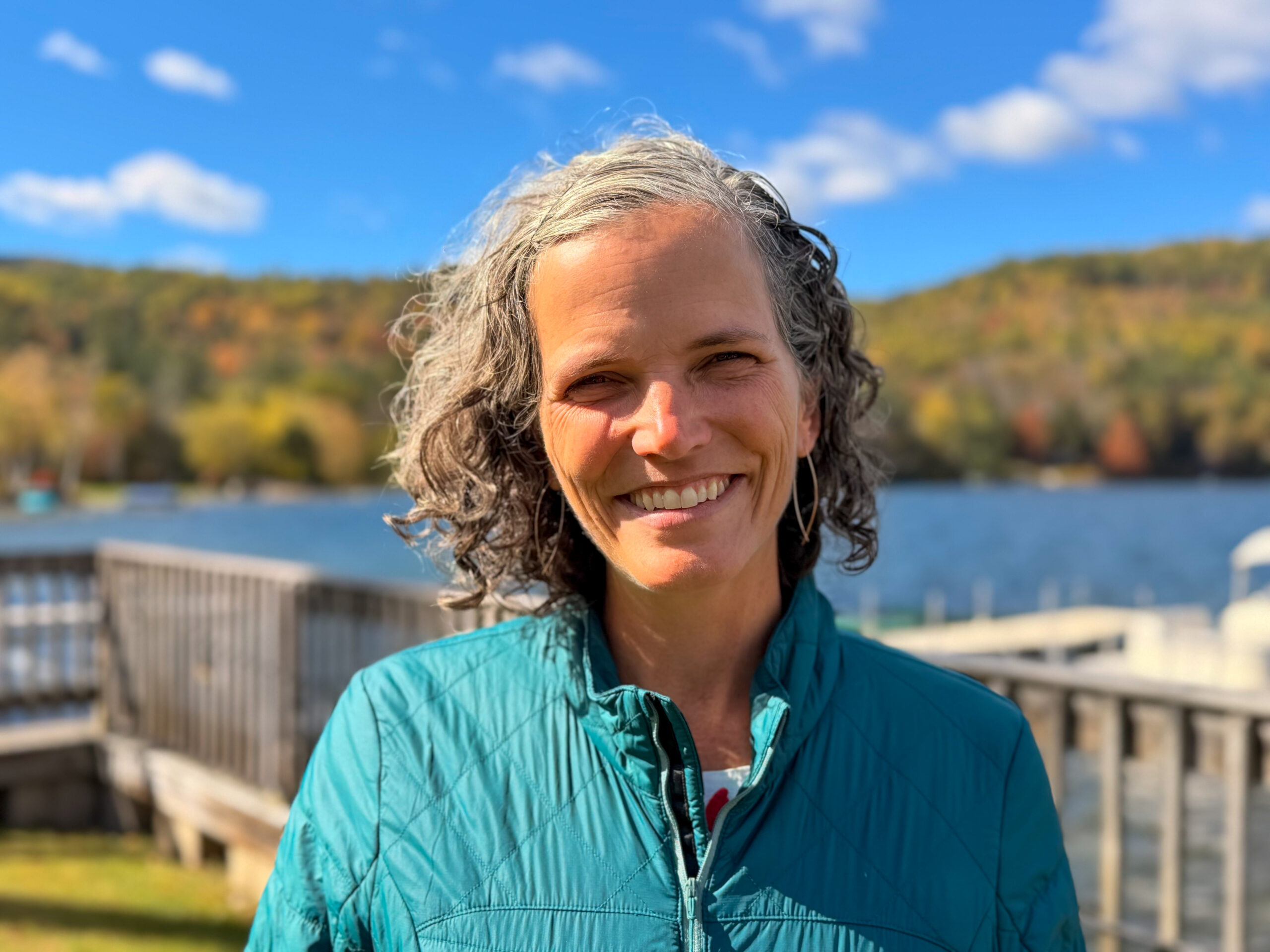
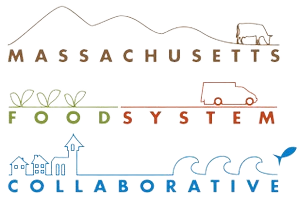
Kristina Pechulis, Executive Director
Massachusetts Food System Collaborative
The Massachusetts Food System Collaborative supports collective action toward an equitable, sustainable, resilient, and connected local food system in Massachusetts. The Collaborative’s work is centered on public policy campaigns and building the capacity of food system stakeholders to engage in policy advocacy. Its priorities are driven by the 2015 Massachusetts Local Food Action Plan, which presented a broad agenda for issues ranging from farmland access and protection, to farming and fishing, to public health and food access.
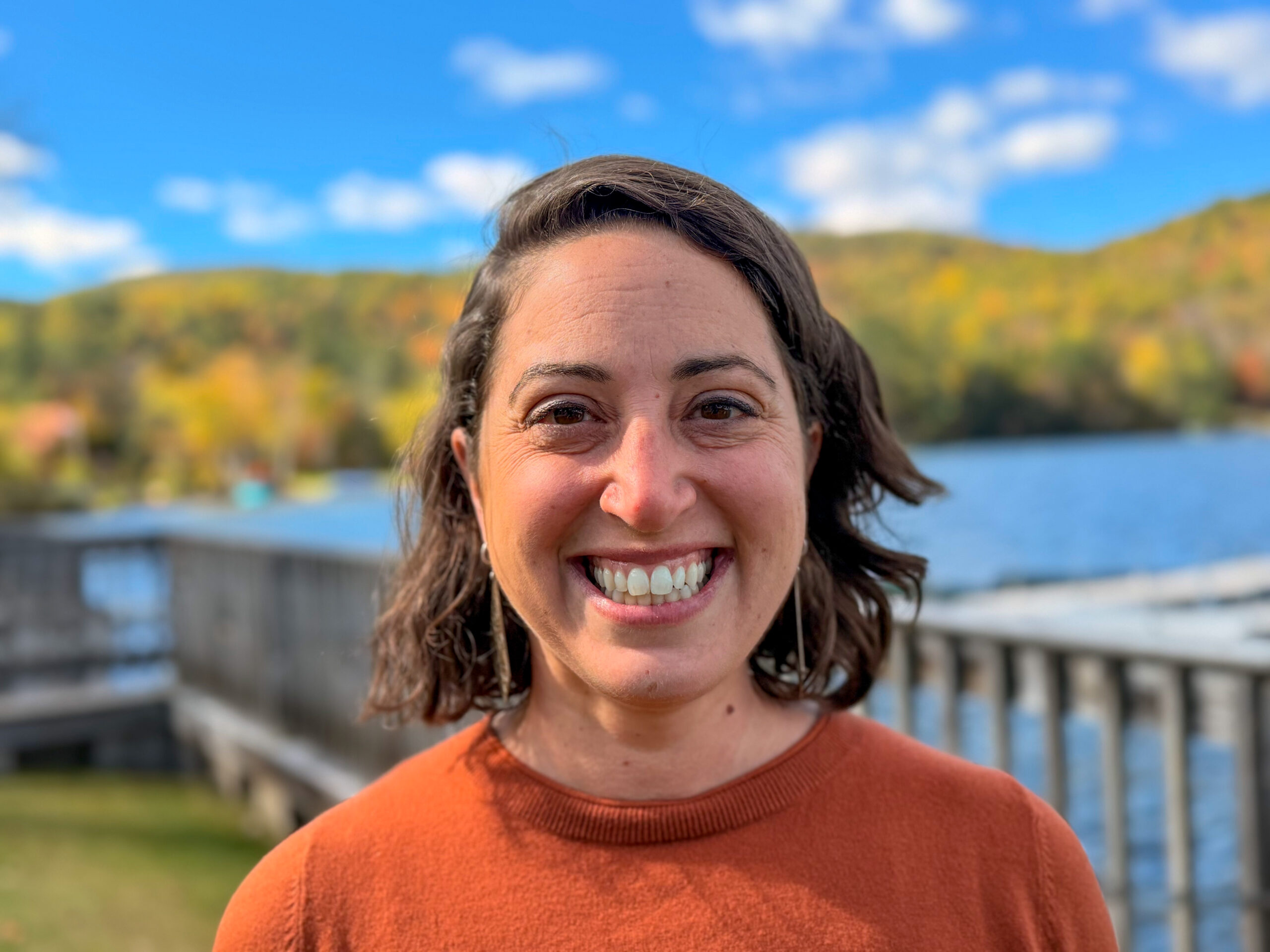
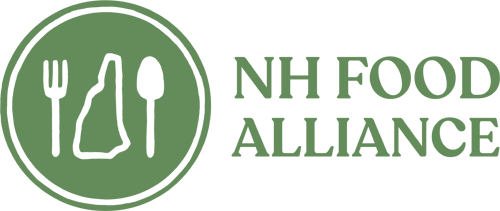
Nicole Cardwell
New Hampshire Food Alliance
The New Hampshire Food Alliance is a statewide network that engages and connects people dedicated to growing a thriving, fair, and sustainable local food system in the Granite State. The NH Food Alliance connects and amplifies the incredible work of our partners throughout New Hampshire and New England by catalyzing collaboration and collective action between 150+ network partners. We work together to grow and sustain local farms, fisheries, and food businesses, secure healthy food access for all, build climate resilience, and ensure racial equity in our communities and workplaces.
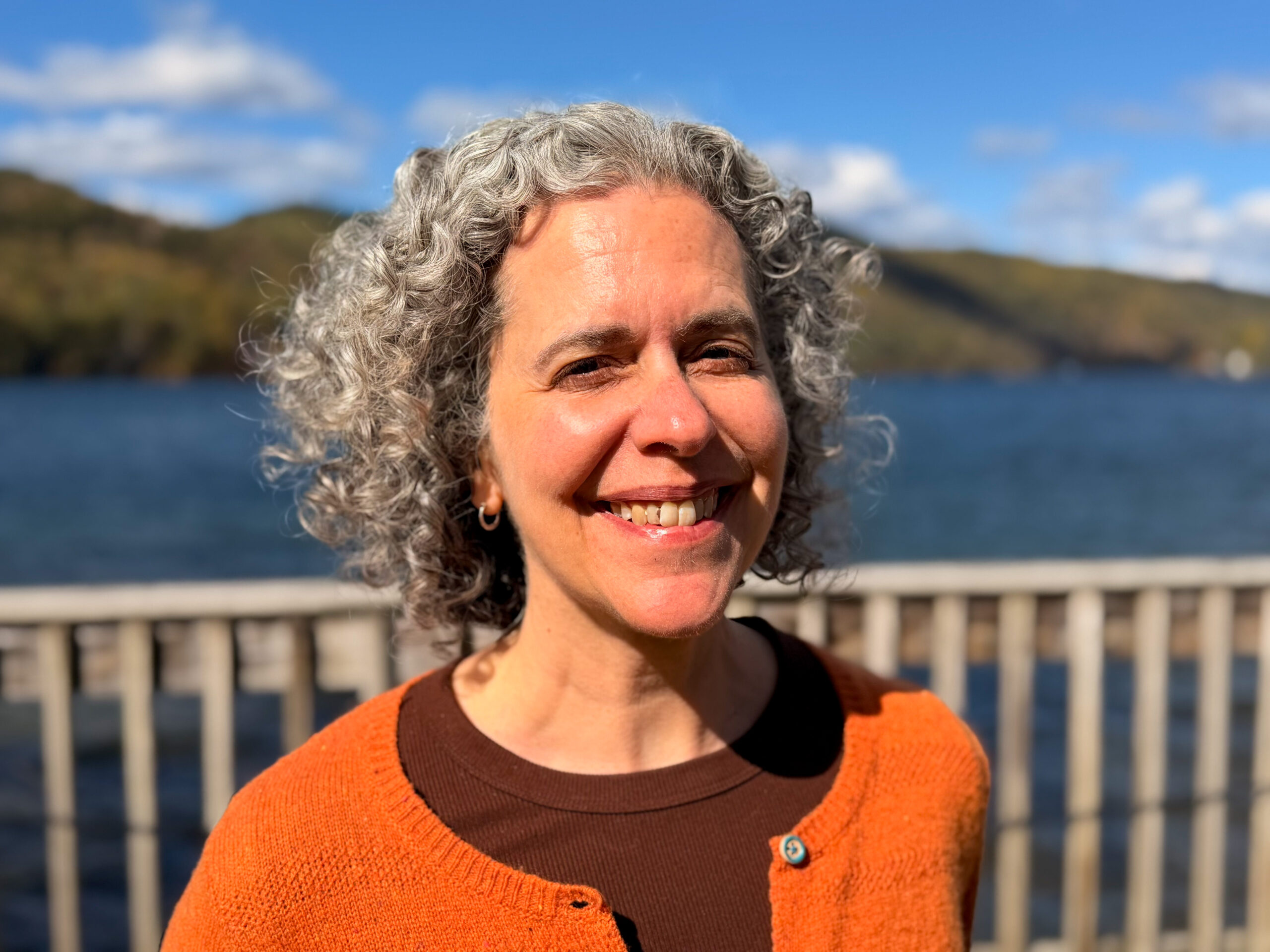
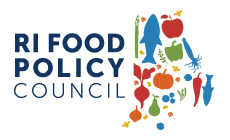
Nessa Richman
Rhode Island Food Policy Council
The Rhode Island Food Policy Council is a statewide network of diverse food systems stakeholders with a shared vision to create a more just and resilient food system. The network’s mission is to move the system toward equity, accessibility, economically vibrancy, and environmentally sustainability. All of our work is in alignment with the state’s food strategy, Relish Rhody. RIFPC is led by 25 Council members, and hundreds of others actively participate in our work groups, advocacy initiatives, and educational opportunities.
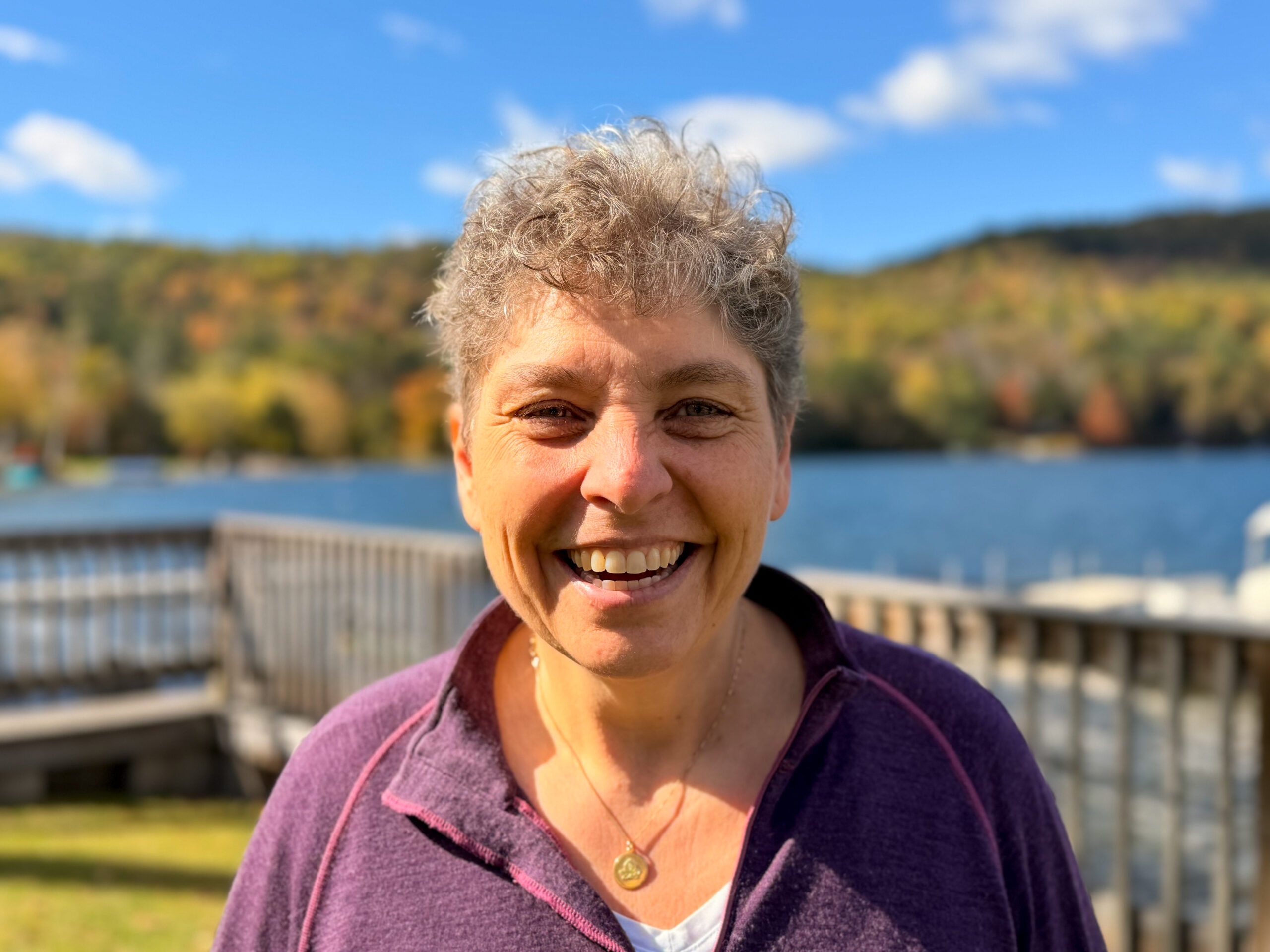

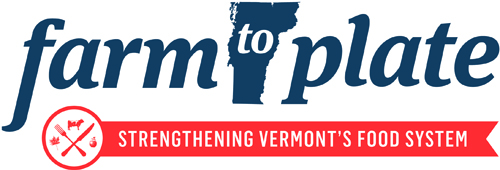
Ellen Kahler | Jake Claro
Vermont Sustainable Jobs Fund / Vermont Farm to Plate
Farm to Plate is Vermont’s food system plan. It is being implemented statewide to increase economic development and jobs in the farm and food sector, improve soils, water, and resiliency of the working landscape in the face of climate change, and provide access to healthy local foods for all Vermonters. The 15 strategic goals and 34 priority strategies contained in the Vermont Agriculture and Food System Strategic Plan 2021-2030 are being implemented by over 350 organizations (farms, food production businesses, specialty food producers, educational institutions, nonprofit organizations, capital providers, and state government personnel) who comprise the Farm to Plate Network, a statewide collective impact initiative.
Supporting Partners
RI Dept of Commerce / Relish Rhody Food Strategy
The Relish Rhody Food Strategy was established in 2017 to establish a vision and roadmap for a more equitable, accessible, economically vibrant, and environmentally sustainable food system in the Ocean State. Led by the Director of Food Strategy and supported by the Rhode Island Food Policy Council, Relish Rhody outlines strategic initiatives designed to further a just and resilient food system across five integrated focus areas: Preserve and Grow Agriculture and Fisheries Industries, Enhance the Climate for Food and Beverage Businesses, Sustain and Create Markets for Rhode Island Food and Beverage Products, Ensure Food Security for All Rhode Islanders, and Minimize Food Waste and Divert it from the Waste Stream.
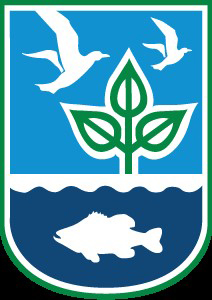
RI Department of Environmental Management (RI DEM)
We strive to protect, restore, and promote our environment to ensure Rhode Island remains a wonderful place to live, visit, and raise a family.
Vermont Agency of Agriculture, Food and Markets
The Vermont Agency of Agriculture, Food & Markets (VAAFM) facilitates, supports and encourages the growth and viability of agriculture in Vermont while protecting the working landscape, human health, animal health, plant health, consumers and the environment. Its Agricultural Development Division cultivates Vermont’s agriculture and food system through grantmaking, marketing, strategic collaboration, and connecting businesses and communities to vital resources. The agency envisions a thriving, dynamic agriculture and food system that is accessible to all Vermonters, sustains and strengthens the working landscape, and supports our communities.
New Hampshire Department of Agriculture, Markets & Food
The mission of the New Hampshire Department of Agriculture, Markets & Food is to support and promote agriculture and serve consumers and business for the benefit of the public health, environment and economy. The Division of Agricultural Development works to inform the public of the value of New Hampshire’s agricultural industry, including understanding the diversity of businesses and products and to encourage the purchase of local agricultural products. It also creates and promotes market development opportunities for New Hampshire agricultural producers through trade shows, grant programs, and various publications.
Connecticut Department of Agriculture
The mission of the Connecticut Department of Agriculture is to foster a healthy economic, environmental and social climate for agriculture by developing, promoting, and regulating agricultural businesses; protecting agricultural and aquacultural resources; enforcing laws pertaining to domestic animals; and promoting an understanding among the state’s citizens of the diversity of Connecticut agriculture, its cultural heritage and its contribution to the state’s economy.
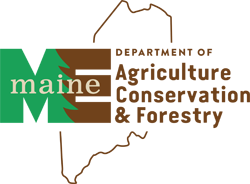
Maine Department of Agriculture, Conservation and Forestry
The Maine Department of Agriculture, Conservation and Forestry (DACF) is the State of Maine’s support center for many land-based, natural resource interests. The Department balances and develops the state’s various land-based, natural-resources including Maine agriculture, forests, outdoor recreation and public access. The Division of Agricultural Resource Development (ARD) is responsible for developing and implementing programs and policies to ensure that agricultural businesses remain profitable and sustainable. Programs like Real Maine focus on business development, market promotion, education and regulation to assure that agricultural practices are economically and environmentally sound.
Massachusetts Department of Agricultural Resources
The Massachusetts Department of Agricultural Resources (MDAR) supports, regulates and enhances the rich diversity of the Commonwealth’s agricultural community to promote economically and environmentally sound food safety and animal health measures, and fulfill agriculture’s role in energy conservation and production.

